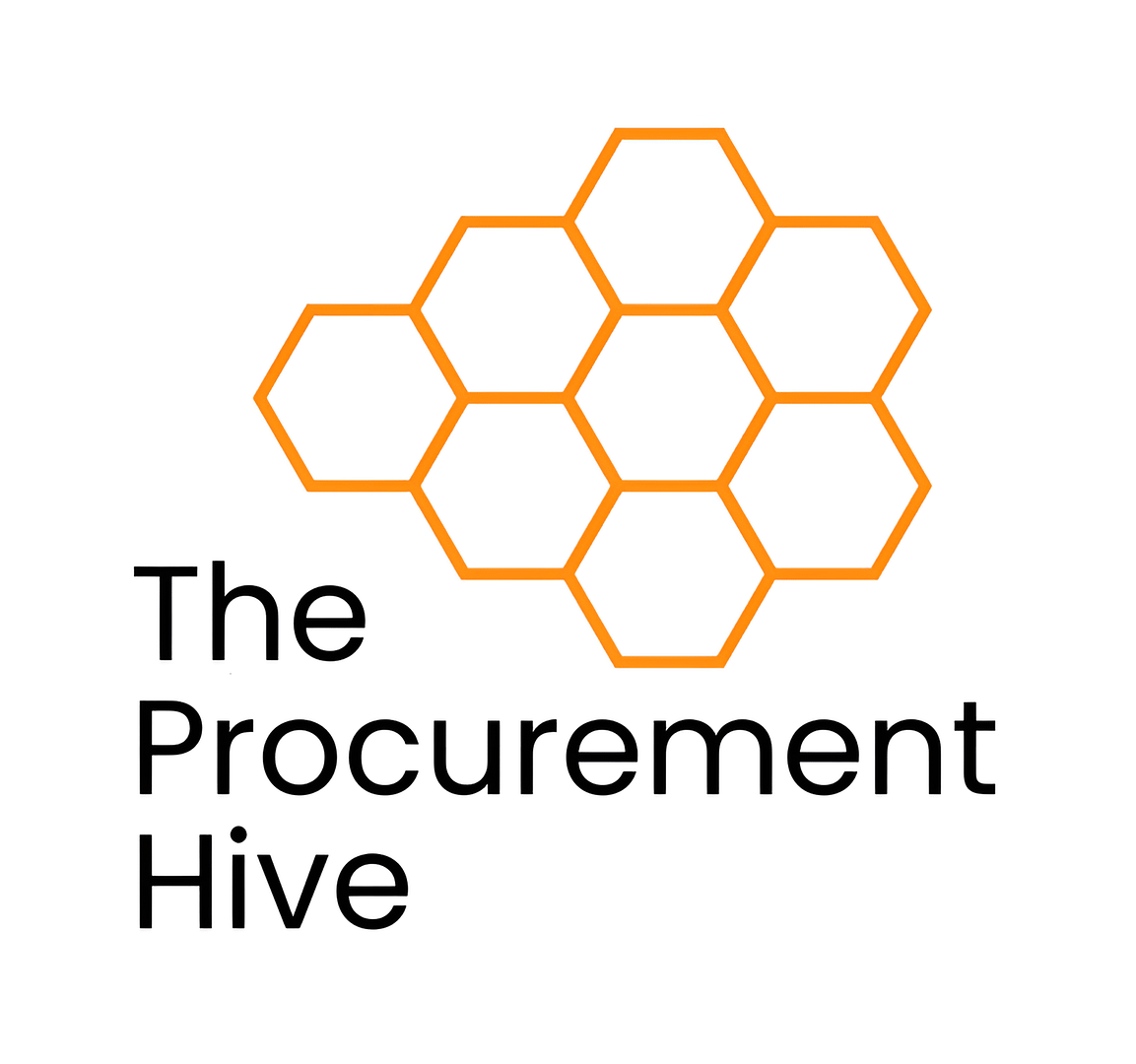The transition from a Tactical Buyer to a Strategic Sourcing Manager is more than just a title change, it’s a shift in mindset, skills, and influence. While tactical buyers focus on day-to-day procurement, strategic sourcing professionals align purchasing with business goals, building long-term value, strong supplier relationships, and risk mitigation strategies.
Ready to start the journey? Here’s some ideas of how to progress your procurement career.
Understand the Difference: Tactical vs. Strategic:
Before advancing, recognise the key differences in approach:
- Tactical Buying = Reactive: Placing orders, securing the best price, ensuring supply continuity.
- Strategic Sourcing = Proactive: Analysing markets, assessing suppliers, managing risks, and supporting corporate strategy.
Moving from tactical to strategic requires adaptability, analytical thinking, and business acumen.
Build Analytical and Financial Acumen:
Strategic sourcing relies on data to drive smarter purchasing decisions.
Action Steps:
- Learn Excel-based tools, dashboards, and data visualisation.
- Understand total cost of ownership (TCO), should-cost modelling, and ROI.
- Take online courses in procurement analytics or supply chain finance.
Develop Category Management Skills:
Category management turns procurement into a structured, value-driven function.
Action Steps:
- Participate in category planning and strategy development.
- Learn how to map supply markets and identify strategic levers.
- Study frameworks like Kraljic Matrix and Porter’s Five Forces.
Enhance Stakeholder Engagement:
Strategic managers collaborate across departments to drive procurement innovation. Tactical buyers often work in silos.
Action Steps:
- Learn and develop consultative communication and negotiation skills.
- Shadow cross-functional teams (e.g., R&D, Finance, Operations, Marketing).
- Practice influencing decisions without direct authority.
Gain Supplier Relationship Management (SRM) Experience:
Strategic sourcing is about partnerships, not just price negotiations.
Action Steps:
- Assist in supplier performance reviews and scorecards.
- Understand risk mitigation, compliance, and innovation opportunities.
- Participate in vendor selection and contract negotiations.
Invest in Procurement Certifications and Training:
Credentials enhance credibility and help bridge the gap between tactical and strategic roles.
Recommended Certifications:
- CIPS (Chartered Institute of Procurement & Supply)
- CPSM (Certified Professional in Supply Management)
- APICS or ISM certifications
Seek Strategic Projects:
You don’t need a formal promotion to start thinking strategically.
Action Steps:
- Volunteer for cost-reduction initiatives or sourcing strategy workshops.
- Propose improvements based on data trends.
- Document measurable impacts on spend or supplier performance.
Career advancement often comes from guidance and visibility. Networking plays a major role in career progression.
Action Steps:
- Connect with senior sourcing managers or directors.
- Ask for feedback and direction on how to grow into strategic roles.
- Join procurement associations or attend industry events.
Strategic sourcing increasingly relies on digital platforms. Technology is transforming procurement – stay ahead of the curve.
Action Steps:
- Get hands-on experience with eSourcing tools (e.g., SAP Ariba, Raindrop, Coupa, Jaggaer, etc).
- Explore AI-driven supplier risk management or spend analysis tools.
- Stay updated on procurement tech trends.
Think Like a Business Leader:
Strategic procurement aligns supply chain decisions with business goals.
Action Steps:
- Read annual reports and understand company strategy.
- Identify how sourcing decisions impact P&L and operational KPIs.
- Practice presenting insights and recommendations to senior leadership.
Final Thoughts:
Moving from tactical buying to strategic sourcing isn’t just a role shift, it’s a career transformation. By investing in skills, certifications, and strategic initiatives, you’ll position yourself as a trusted procurement partner within your organisation.
“Your career is your supply chain – you need to optimise it strategically”.


